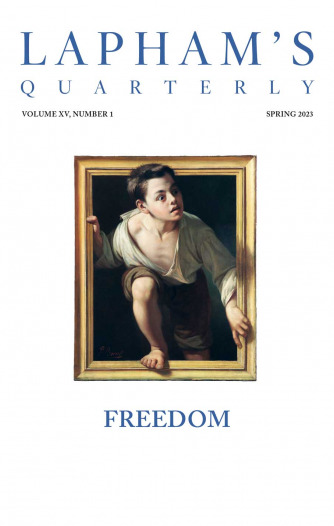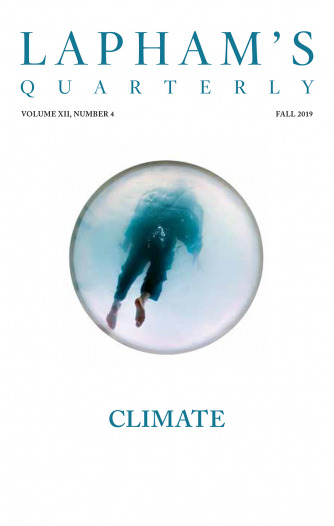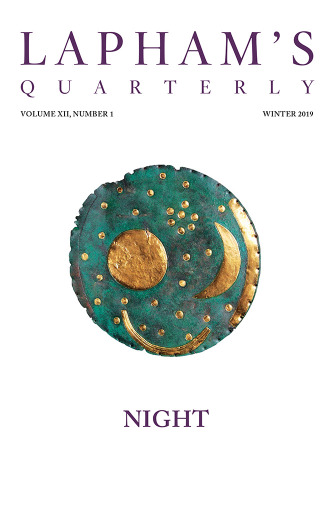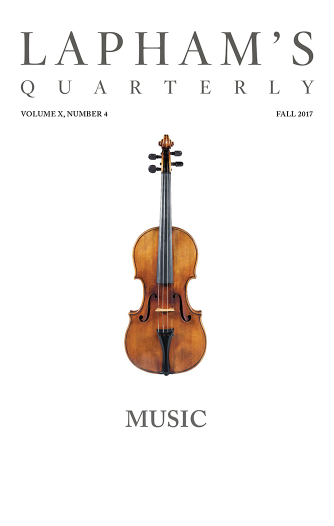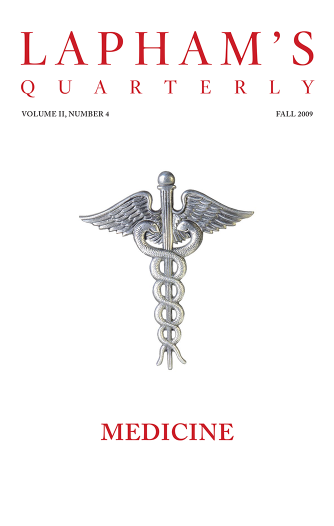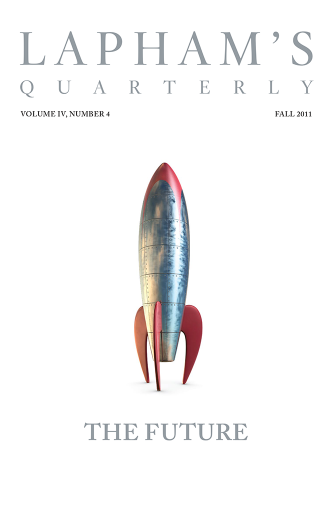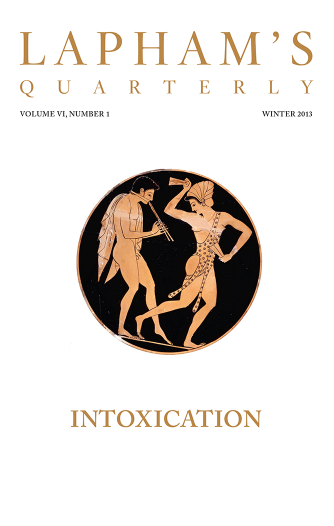
Hildegard of Bingen
(1098 - 1179)
As the head of a Benedictine convent in the 1140s, Hildegard of Bingen wrote down her visions—which she had experienced since childhood—in her Scivias. At a synod in 1147, the book received a blessing from Pope Eugenius III, making her well-known as a holy woman. Around 1150 Hildegard left the monastery in which she had lived for four decades to found her own convent in the Rhine Valley, where she wrote liturgical music—she is believed to be the earliest composer whose name survives—and finished recording her prophetic visions. In the late 1170s she was accused by Church hierarchy of having buried an excommunicated individual; as punishment, her convent was forbidden from using music in religious ritual.
